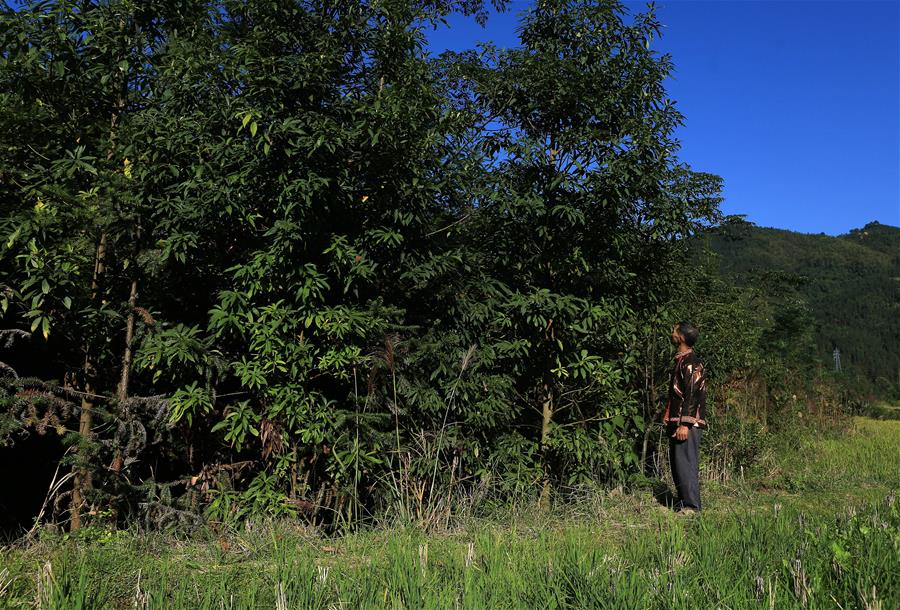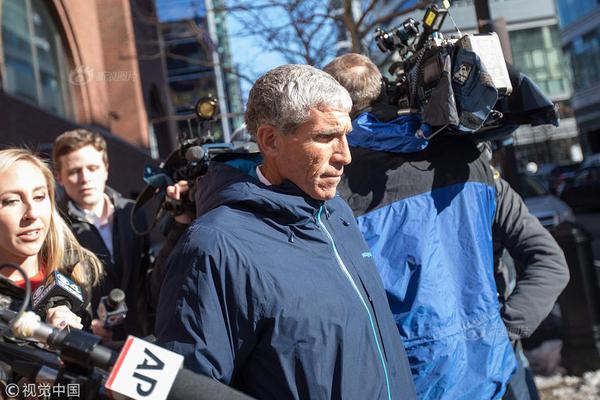The eroticism synonymearth is actually flat! 9/11 was an inside job! YouTube was once rife with conspiracy theories like these — and its own recommendation algorithm was the culprit.
While the company has made serious headway recently in fixing the issue, conspiracy theories continue to gain traction on the platform. But why is this happening?
Simply put, the Google-owned video streaming platform isn’t tackling the main issue: the rabbit hole effect caused by its recommendation engine. It's a problem the company may not be able to solve.
But first: the good news. There’s no doubt about it, YouTube has really stepped up to the plate when it comes to limiting the reach of conspiracies on its platform. A recent studyout of the University of California, Berkeley found that YouTube has made significant progress when it comes to reducing the amount of conspiratorial content its algorithm recommends.
According to the study, YouTube has been able to cut the amount of time spent viewing recommended conspiracy theory content by 70 percent. The research was conducted using eight million recommendations over 15 months.
At the start of 2019, YouTube announcedit was going to update its recommendation algorithm in order to remove content that spread 9/11, flat earth, and miracle cure conspiracies. In June, the video platform boastedthat the amount of time users spent watching these videos from YouTube recommendations dropped by 50 percent. Just a few months later in December, the amount of time spent viewing these videos had been cut further, by 70 percent.
However, that drastic reduction was short-lived as researchers discovered that the amount of conspiracy videos served up by the recommendation engine — in particular, the source videos for these conspiracies — slowly rebounded and are now only 40 percent less common.
Furthermore, the study found that certain conspiratorial topics that weren’t being focused on by the company, such as videos on climate change and the moon landing, flourished. YouTube's apparent decision to focus on "highly publicized" conspiracy theories allowed these others to thrive.
These latest findings back up a separate study from the activist group Avaaz earlier this year. That study foundthat climate change denial content on YouTube was growing even as YouTube worked to stifle the reach on other conspiracy content. It also discovered that videos pushing climate misinformation were actively being promoted by YouTube’s recommendation algorithm.
YouTube has been working in recent years to remove toxic contentfrom its massive platform. The company says it has 2 billion monthly active users who watch more than a billion hours of video each day. The site recently rolled out new rules concerning harassment. It’s highlighted its policies dealing with political misinformationin the lead-up to the 2020 election. And, following a fine from the FTC, the company recently made movesto protect children viewing content on its service.
Critics have longchastised YouTube for allowing these harmful conspiracy theory videos to proliferate on its platform. And though these videos don’t necessarily run afoul of YouTube’s policies, the company decided it would stop actively promoting them through its recommendation engine.
Conversation surrounding YouTube and its recommendation algorithm problem often leave out a major piece of the puzzle: the rabbit hole effect. A single video being recommended to a YouTube viewer can lead this user to fall down a “rabbit hole,” which sees them consuming more and more content from the recommended YouTube creator. Once they’ve watched enough, have subscribed, and become a fan of a channel, the conspiracy theorist no longer needs to rely on the recommendation engine to drive views. It isn’t needed. The viewer has become radicalized.
It's easy to see how a creator could produce conspiracy theory content that wasn't actively being policed by YouTube in order to take advantage of the recommendation algorithm and promote their channel.
Alex Jones, the former leader in conspiracy theory content on YouTube, has been bannedfrom the platform since the summer of 2018. Numerous other social platforms followedsuit, however, YouTube’s decision to ban Jones and his InfoWars show dealt the biggest blow as the platform hosted his most popular channel.
Was that the end of Alex Jones? Of course not. Jones was able to build his audience before action was taken against his channel. To this day, he still runs his daily show from his website.
For YouTube, filtering recommendations is a difficult problem to solve. It’s understandable why the company wouldn’t ban “borderline” conspiracy theory videos, like those that claim the U.S. government is communicating with aliens; content that isn’t threatening in nature. But, if YouTube really wants to solve its misinformation problem, it's going to have to plug up its rabbit hole.
Topics Google Social Media YouTube
(Editor: {typename type="name"/})
 South Carolina vs. Illinois football livestreams: kickoff time, streaming deals, and more
South Carolina vs. Illinois football livestreams: kickoff time, streaming deals, and more
 Donald Trump gets crafty with scotch tape on his ties
Donald Trump gets crafty with scotch tape on his ties
 Pete Buttigieg says he will not repent for loving his husband
Pete Buttigieg says he will not repent for loving his husband
 Playdate is one very adorable handheld gaming system
Playdate is one very adorable handheld gaming system
 South Carolina vs. Illinois football livestreams: kickoff time, streaming deals, and more
South Carolina vs. Illinois football livestreams: kickoff time, streaming deals, and more
Kindle Rewards double points day: Here's how it works
 We couldn't think of a better way to spend the holiday season than curled up by the fire with a good
...[Details]
We couldn't think of a better way to spend the holiday season than curled up by the fire with a good
...[Details]
Airbnb sells out hosts in NYC lawsuit settlement
 After rallying hosts to fight a New York state law that fines them for posting technically illegal l
...[Details]
After rallying hosts to fight a New York state law that fines them for posting technically illegal l
...[Details]
'Consumer Reports' calls out Tesla's Navigate on Autopilot update
 Tesla CEO Elon Musk has proclaimed unfaltering adoration for his electric car company's Autopilot fe
...[Details]
Tesla CEO Elon Musk has proclaimed unfaltering adoration for his electric car company's Autopilot fe
...[Details]
How to fix your TV settings to make your screen look perfect
 It feels like it's been months since the premiere of "The Long Night," a highly anticipated episode
...[Details]
It feels like it's been months since the premiere of "The Long Night," a highly anticipated episode
...[Details]
Best iRobot Roomba j7+ Robot Vacuum deal: Save $300 at Best Buy
 SAVE $300:As of April 4, the iRobot Roomba j7+ Robot Vacuum is on sale at Best Buy for $499, 37% off
...[Details]
SAVE $300:As of April 4, the iRobot Roomba j7+ Robot Vacuum is on sale at Best Buy for $499, 37% off
...[Details]
Mysterious bread sponge is desperately trying to be 'the dress'
 Another day, another person trying to stir up as big a controversy as "the dress."Twitter user Craig
...[Details]
Another day, another person trying to stir up as big a controversy as "the dress."Twitter user Craig
...[Details]
Microsoft pulls Huawei laptops from official online store
 Microsoft has removed Huawei's Windows laptops from the company's online store following the Trump a
...[Details]
Microsoft has removed Huawei's Windows laptops from the company's online store following the Trump a
...[Details]
No one agrees on what iMessage Tapbacks actually mean
 In September 2016, Apple released iOS 10. With it came the iMessage Tapback, the convenient and high
...[Details]
In September 2016, Apple released iOS 10. With it came the iMessage Tapback, the convenient and high
...[Details]
NYT Strands hints, answers for December 8
 If you're reading this, you're looking for a little help playing Strands, the New York Times' elevat
...[Details]
If you're reading this, you're looking for a little help playing Strands, the New York Times' elevat
...[Details]
Everything streaming on Netflix in June 2019
 From the return of one Marvel hero to the streaming debut of another, Netflix has a super June lineu
...[Details]
From the return of one Marvel hero to the streaming debut of another, Netflix has a super June lineu
...[Details]
Best Lego Star Wars deal: Save $14 on Darth Vader Helmet set

Facebook has already removed more than 2 billion fake accounts this year

接受PR>=1、BR>=1,流量相当,内容相关类链接。